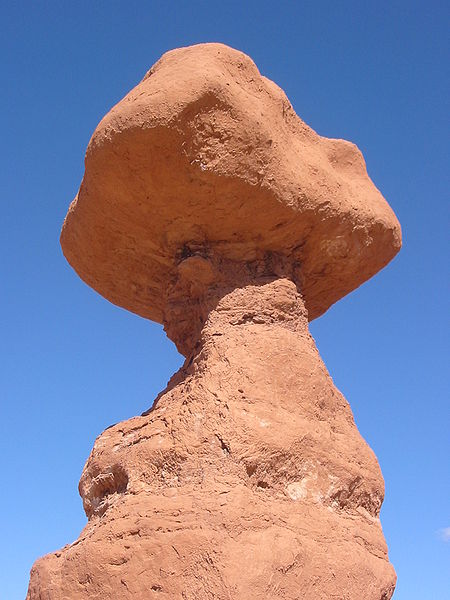By Maren McInnes
Capital West News
SALT LAKE CITY —Every Friday at 7 a.m. during the Utah General Legislative Session, the rural caucus, often referred to as the “Cowboy Caucus,” meets to discuss potential legislation that will affect rural Utah. Popular topics revolve around land management, environmental issues, natural resources, water, energy, road access, agriculture and education.
“It’s a good opportunity to flesh out issues,” said Rep. Mike Noel, R-Kanab. “It’s an opportunity to vet bills, vet issues.”
After a quick breakfast sponsored by various associations with rural interests, the legislators, lobbyists,and any other interested members of the public, convene to begin discussion. Following an agenda, topics are brought up, legislators and members of the public discuss the topics, and then questions are asked.

Photo Credit: Donar Reiskoffer
At the Feb. 20 caucus meeting, the hot topic was oil and gas production in the Uintah Basin. A Newfield Exploration Company representative, Mike Johnson, spoke to the caucus at length about horizontal drilling in Utah, and thereafter fielded questions from legislators.
Thereafter, Sen. Ralph Okerlund, R-Monroe, addressed the caucus to discuss SB216, the High Cost Infrastructure Tax Credits bill. This bill would incentivize companies to move into rural areas. “It’s an exciting time,” said Okerlund, because businesses are expressing interest in moving to rural areas. The bill will go to Senate committee on Monday, Feb. 23.
Noel took a personal privilege to thank Juan Palma, former Director of the Utah State Bureau of Land Management. Noel gave Palma a White Cowboy Caucus Hat and noted the contributions of Palma to the state.
Finally, Ben Hart, managing director of rural business services from the Governor’s Office of Economic Development (GOED), introduced newly appointed Director of the Office of Rural Development Linda Gilmore.
“I’m happy that there is a ‘Cowboy Caucus’ in Utah,” she said. She is also happy that so many people attend to support these issues. “The state depends on us.”
When the caucus started around 20 years ago, there were very few members. “It was called the ‘Cowboy Caucus’ because it was just a bunch of cowboys gathering together to talk about rural issues,” said Okerlund, who attended the caucus as a commissioner prior to becoming a state senator. Since then, it has grown considerably. Today, the rural caucus has about 30 members from both the House and the Senate. The caucus is also highly attended by other interested parties including educators, superintendents, department heads, and commissioners to name a few.
There are four chairs, two from the House and two from the Senate. Noel is one of the House chairs. “Most of them (the members) come from urban areas,” Noel explained, because there are a few rural legislators. Okerlund also expressed how important it is to have the “urban guys” attending so that they can understand the issues that rural Utah faces.
“The purpose of the rural caucus,” explained Mike Peterson, “is to help bring together interests from rural Utah and help educate others about what’s happening in rural Utah.”
For more information on these topics and for weekly updates and stories on the topics discussed in the caucus, please visit capwestnews.org.




